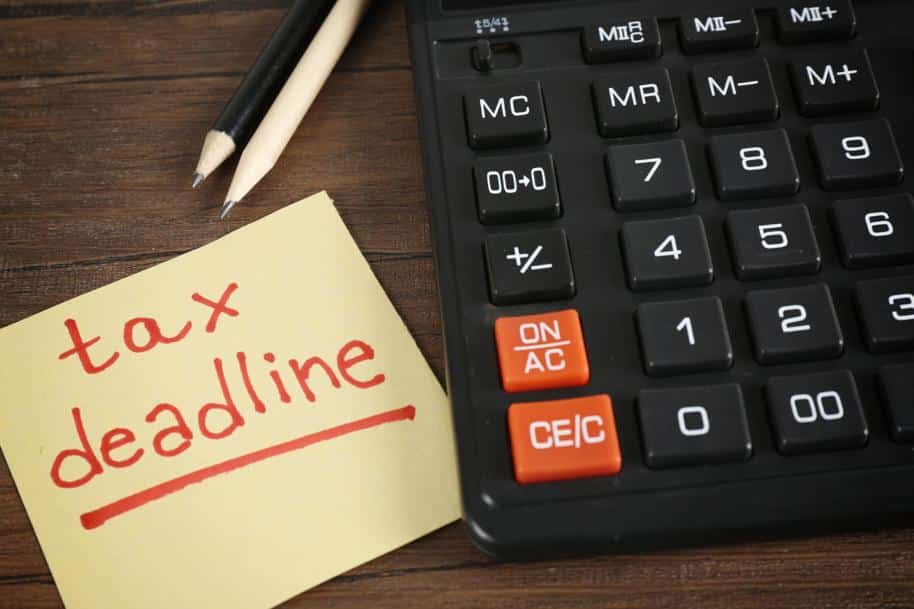The Underused Housing Tax Act (UHTA) imposes a particularly severe penalty regime for property owners who fail to file their required returns on time. The most punitive element—often overlooked—is the December 31 late-filing rule, which can expose even tax-exempt owners to ongoing penalties as if they owed tax. For Canadian corporations, trustees, and individuals with cross-border ownership, respecting this deadline is essential to avoid late filing fees.
Overview of the Underused Housing Tax (UHT) Filing Requirements
The Underused Housing Tax (UHT) is an annual 1% tax on the value of certain residential properties owned by non-resident, non-Canadian owners. However, its filing requirements extend beyond non-residents. Canadian corporations, trustees, and partners in certain partnerships may also be required to file a UHT return, even when they owe no tax.
Each calendar year’s UHT return must be filed by April 30 of the following year. The Canada Revenue Agency (CRA) uses this filing to determine whether an exemption applies. Common exemptions include those for primary residences, vacation properties used by the owner or their spouse for at least 28 days per year, and properties unsuitable for year-round use due to seasonal access restrictions or lack of infrastructure.
Late-Filing Penalties Before and After December 31
Under section 47(1) of the UHTA, the basic penalty for missing the April 30 deadline is the greater of: $1,000 for individuals ($2,000 for corporations), or 5% of the tax owing plus 3% for each month the return remains outstanding.
If an exemption applies and the owner files late—but before December 31—the penalty is typically capped at $1,000 per individual.
However, the situation changes dramatically under section 47(2). When a return is filed after December 31, the CRA must calculate the penalty without applying certain exemptions. This means the penalty is assessed as though the taxpayer owed tax, even if the property qualified for an exemption such as a primary residence or vacation property.
Because these penalties continue to accrue monthly and can theoretically grow indefinitely, this December 31 rule functions as a late-filing trap—particularly for owners unaware they must file.
The Legal and Financial Risks of Missing the December 31 Deadline
Missing the December 31 cutoff exposes owners to potentially unlimited penalty accruals. The UHTA contains no limitation period for these ongoing penalties, meaning the CRA may continue applying interest and penalty calculations indefinitely.
This risk often affects owners uncertain about whether their properties are considered “residential properties” under the UHTA—especially in regions like Whistler, British Columbia, or Muskoka, Ontario, where resort properties may be subject to restrictive covenants that limit year-round occupancy.
Even if an owner believes their property is exempt or not subject to the UHTA, filing a defensive nil return before December 31 can mitigate future penalty exposure while preserving the right to challenge the CRA’s assessment later.
Relief from Late-Filing Penalties and CRA Voluntary Disclosures
For owners who missed the December 31 filing deadline, section 48(1) of the UHTA offers potential relief through the CRA’s Voluntary Disclosures Program (VDP). The VDP allows taxpayers to come forward voluntarily before the CRA initiates contact. If accepted, penalties and interest may be waived or reduced.
In cases where the taxpayer disputes the CRA’s determination that a UHT return was required, they may also file a notice of objection to challenge the assessment. Both options should be considered strategically with professional legal advice to minimize exposure.
Pro Tax Tips
- Do not wait until December 31 to file your UHT return. File early to preserve exemption eligibility and limit penalties.
- When in doubt, file defensively. Submitting a nil return before December 31 caps potential penalties even if your UHT status is uncertain.
- Consult an experienced Canadian tax lawyer to confirm whether your property qualifies as a “residential property” and whether an exemption applies.
- Use the CRA Voluntary Disclosures Program if you have missed the deadline; it can provide relief from penalties and interest.
Frequently Asked Questions (FAQs)
Who is required to file a UHT return?
Non-resident property owners, as well as Canadian corporations, partnerships, and trustees, may need to file a UHT return—even if no tax is payable.
Does the CRA grant extensions for UHT filing?
No. The UHTA does not permit deadline extensions. Penalties begin accruing immediately after the due date and can escalate significantly after December 31.
What happens if my property is exempt?
You must still file a return to claim your exemption. Failure to file can trigger the same penalties as if the property were taxable.
Is there a way to eliminate penalties after the deadline?
Possibly. Relief may be available under section 48(1) of the UHTA through the CRA’s Voluntary Disclosures Program or via objection to the CRA’s assessment.
DISCLAIMER: This article provides broad information. It is only accurate as of the posting date. It has not been updated and may be out of date. It does not give legal advice and should not be relied on as tax advice. Every tax scenario is unique to its circumstances and will differ from the instances described in this article. If you have specific legal questions about the Underused Housing Tax Act, you should seek the advice of an experienced Canadian tax lawyer.



